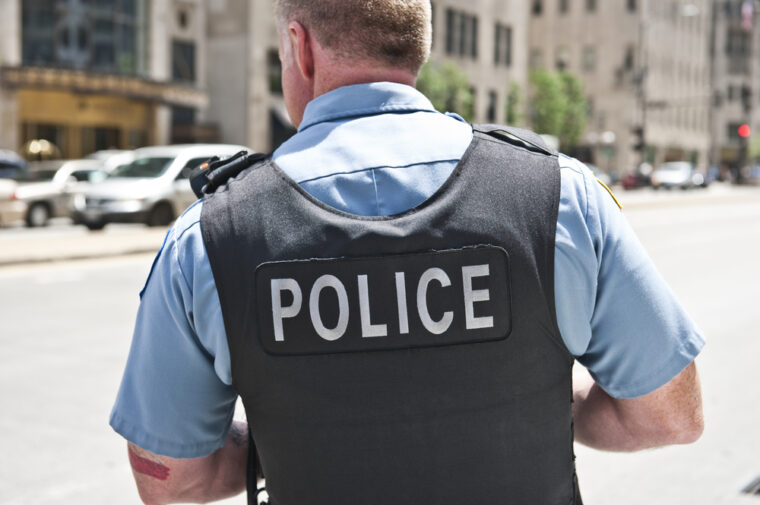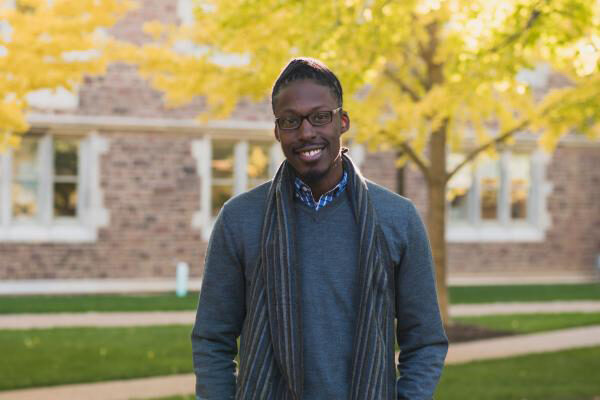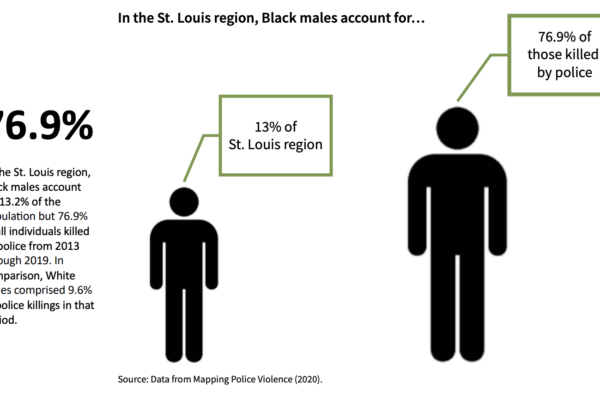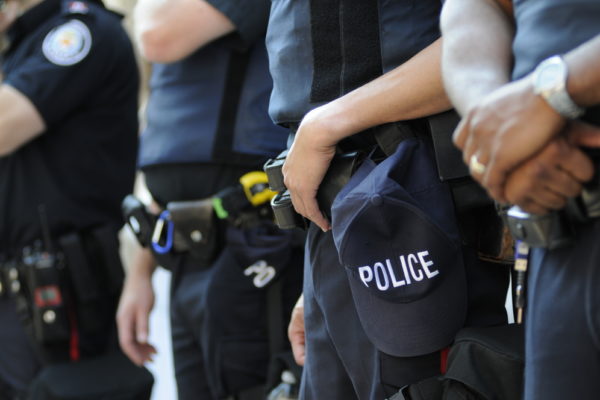In the wake of the deaths of George Floyd, Rayshard Brooks and many more, a new study from the Brown School at Washington University in St. Louis finds that religion may offer a protective role for black adolescent boys who experience police abuse.
“Black adolescent experiences with police violence is nothing new,” said Ashley N. Jackson, a doctoral student and first author of the paper “‘Can I Live’: Black American Adolescent Boys’ Reports of Police Abuse and the Role of Religiosity on Mental Health,” published June 17 in the International Journal of Environmental Research and Public Health.

“This is evident by the time frame when this data were collected (2001 to 2004) when juxtaposed with the experiences of black youth today,” Jackson said. “Black communities continue to experience police violence and its adverse effects at alarming rates. We continue to see the urgency of the issue as illustrated in the uprisings and protests seeking racial justice not only within the U.S. but also across the globe after the death of George Floyd, Breonna Taylor and many others.”
Another key takeaway, she said, is the implication for self-esteem.
“We find that black male youth who have been abused by the police believe that society holds a negative perception of them,” Jackson said. “While much of the empirical work on police violence focuses on its effects, our study contributes by highlighting the role of religiosity in improving mental health outcomes for black male youth who have experienced police abuse.
“For black males, anticipating and preparing for involuntary police contact, unfortunately, is an inevitable part of life,” she added. “The purpose of this study is to examine the impact of reports of police abuse on mental health and perceived racial perceptions and the protective role of religiosity among a nationally representative sample of black American adolescent boys.”
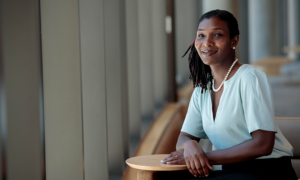
Compared with other adolescents, African American adolescents are the most religious group in the United States, as indicated by prayer frequency and importance of religion, said co-author Sheretta T. Butler-Barnes, associate professor at the Brown School, who has done previous work on African American adolescents and religion.
One of her previous studies found that African American adolescents who reported a higher communication with God (e.g., I am receptive or open to God) were more likely to report a healthier psychological well-being.
“Ultimately, our findings in this study not only highlight the nuanced effects police abuse has on public regard, but also lay the groundwork for potential intervention points, such as the use of religiosity and approaches to enhancing racial identity, as ways to improve overall mental health for minority youth exposed to police abuse,” Jackson said.
Data for the analysis were from the National Survey of American Life – Adolescent Supplement, a nationally representative household survey estimating prevalence, frequency and comorbidity of mental health disorders among 1,170 African American and Caribbean adolescents ages 13-17 connected to adult households from the National Survey of American Life adult sample.
Approximately 71% of the sample was African American and 29% were Caribbean black adolescent boys.
“Our findings did reveal that, overall, subjective religiosity was associated with lower levels of depressive symptomatology,” Jackson said. “This particular finding highlights how the specific construct of religion may reduce negative mental health outcomes and aligns with prior work that finds associations between religiosity and healthy psychological well-being.”
